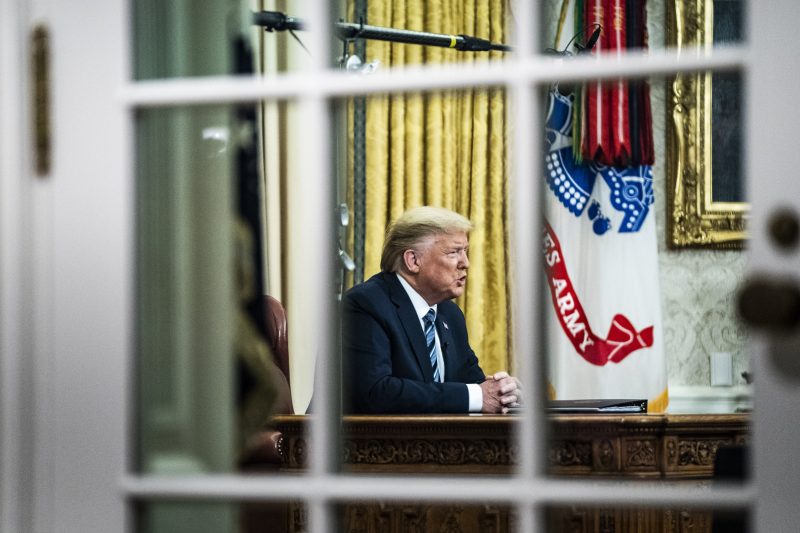In a world where the line between fiction and reality can sometimes blur, hypothetical scenarios have often been used to explore legal and ethical dilemmas. One such intriguing scenario is the concept of presidential immunity in the context of murder. The idea of a sitting president committing murder raises complex questions about the scope and limitations of presidential powers, as well as the concept of accountability and justice.
Presidential immunity, a legal doctrine that shields the president from civil and criminal liability while in office, is a topic of much debate and controversy. The rationale behind this immunity is to ensure that the president can effectively carry out the duties of the office without the distraction of constant legal challenges. However, this immunity is not absolute and does not protect the president from impeachment or removal from office.
In the hypothetical scenario of a sitting president committing murder, the question arises as to whether presidential immunity would apply in such a situation. While the idea of a president engaging in such a heinous act is chilling, it is essential to consider the legal principles at play. The Constitution does not explicitly address this scenario, leaving much room for interpretation.
One argument in favor of presidential immunity in cases of murder is that criminal prosecution could potentially paralyze the functioning of the executive branch. The president’s ability to govern effectively could be severely hindered by constant legal proceedings and public scrutiny. Additionally, the potential fallout from such a scenario could have far-reaching implications for national security and stability.
On the other hand, opponents of extending presidential immunity to cover murder argue that no one, not even the president, should be above the law. Allowing a president to escape legal consequences for such a grave offense could undermine the principles of justice and accountability that form the bedrock of a democratic society. It could also set a dangerous precedent that could be exploited by future presidents.
Ultimately, the question of presidential immunity in the context of murder is a complex and thorny issue that raises profound moral and legal considerations. While the concept of presidential immunity serves a vital purpose in protecting the presidency from undue interference, it is crucial to ensure that this immunity does not become a shield for criminal behavior. Striking the right balance between presidential immunity and accountability is essential for upholding the rule of law and preserving the integrity of the office of the president.


























